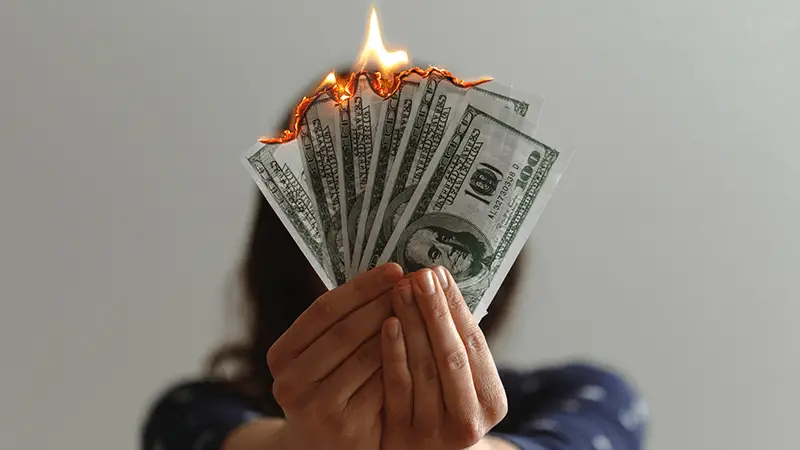Investments in the business world will always be a hit or miss. With entrepreneurship being an industry that thrives in risk and uncertainty, it’s always important to have disposable funds or money that a business can afford to lose. Whether it’s through a series of bad decisions or just poor luck, losing out on investments is not a rare thing in the world of business.
From big-time corporations to experienced businessmen, entrepreneurs (especially the better-performing ones) are used to the risk that comes when placing a huge amount of money on anything. True enough, there are a lot of lessons that can be learned from several bad investment decisions that have happened in the past.
Without further ado, here are some of the worst investments ever made in history — and if you ever plan to make an investment of your own, the choices made by the companies and people involved in this list will definitely teach you a thing or two, minus the losing out on your hard earned money part.
20. The Dexter Shoe Company
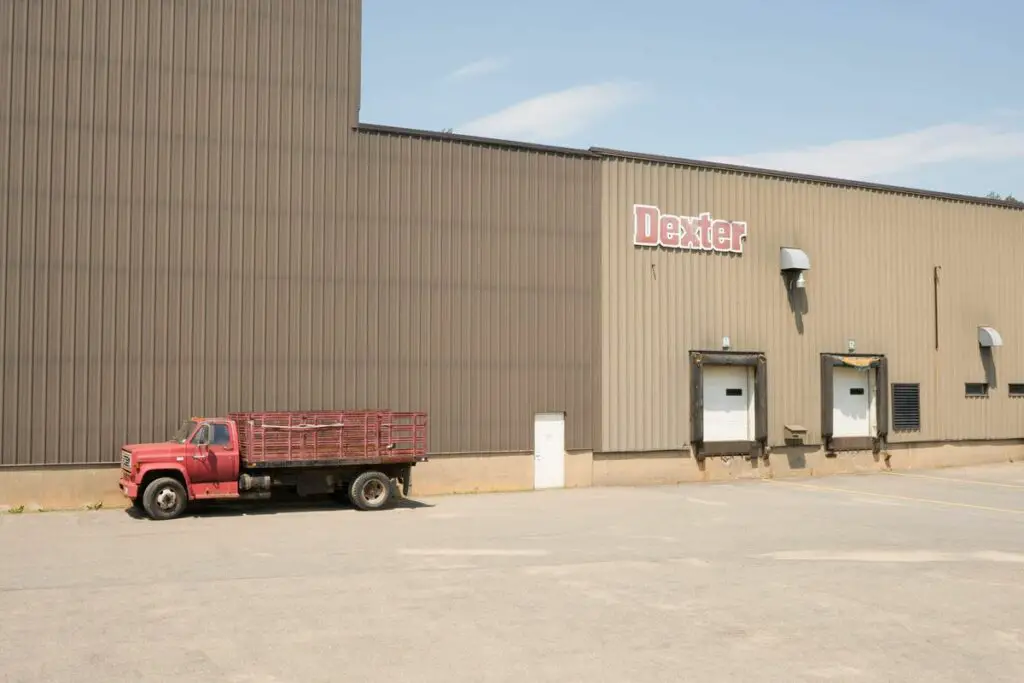
Surprisingly enough, Warren Buffett, also known as one of the most respected businessmen the world has ever witnessed, has also made a mistake or two in his lifetime. Recalling his “most gruesome mistake”, the Oracle of Omaha’s investment of around $8.7 billion into the Dexter Shoe Company did not pay off in the end.
While initially confident about the prospects of importing cheap shoe products from countries that had low labor costs, Buffett’s predictions would eventually be proven wrong when Dexter Shoe Company gradually lost the competitive headstart it had from the get-go. When all was settled, Buffett had to compensate his investors an estimated amount of $3.5 billion.
19. Pets.com
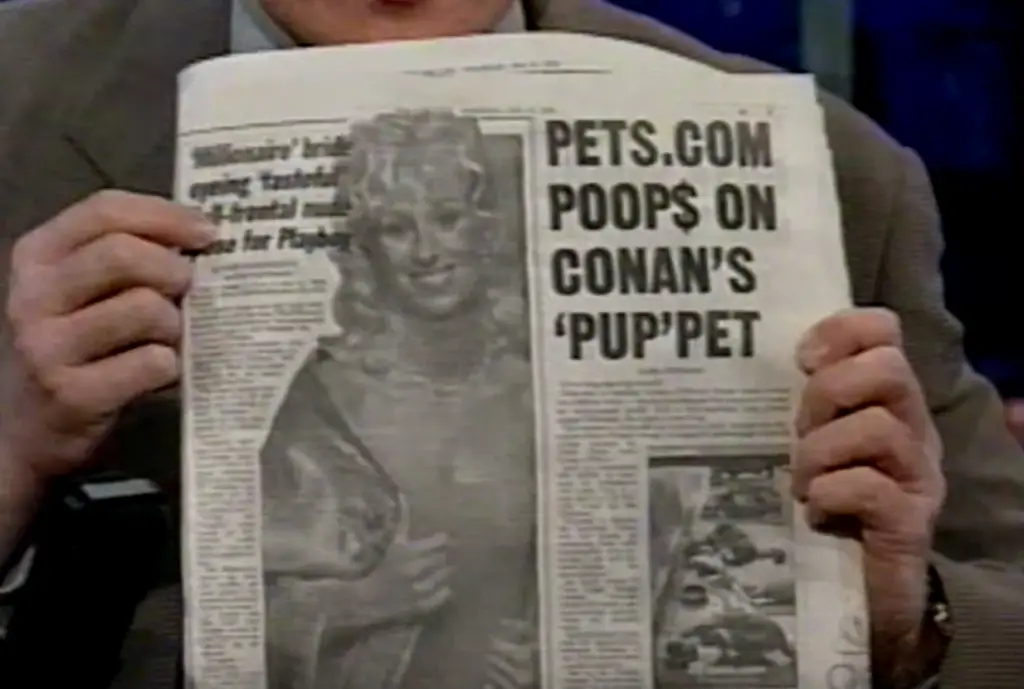
While Jeff Bezos has been renowned for creating Amazon, one of the world’s largest empires at the moment, things have not always sailed smoothly for the entrepreneur. Investing around $50 million into the e-commerce website, Bezos’ decision to fund Pets.com would prove to be disastrous with the company shutting down shortly after the big-time funding was finalized.
While there are many speculations as to why the company shut down, the most widely accepted reason is the lack of oversight on the end of Pets.com when it came to pricing their products and competing in the industry.
18. Blockbuster
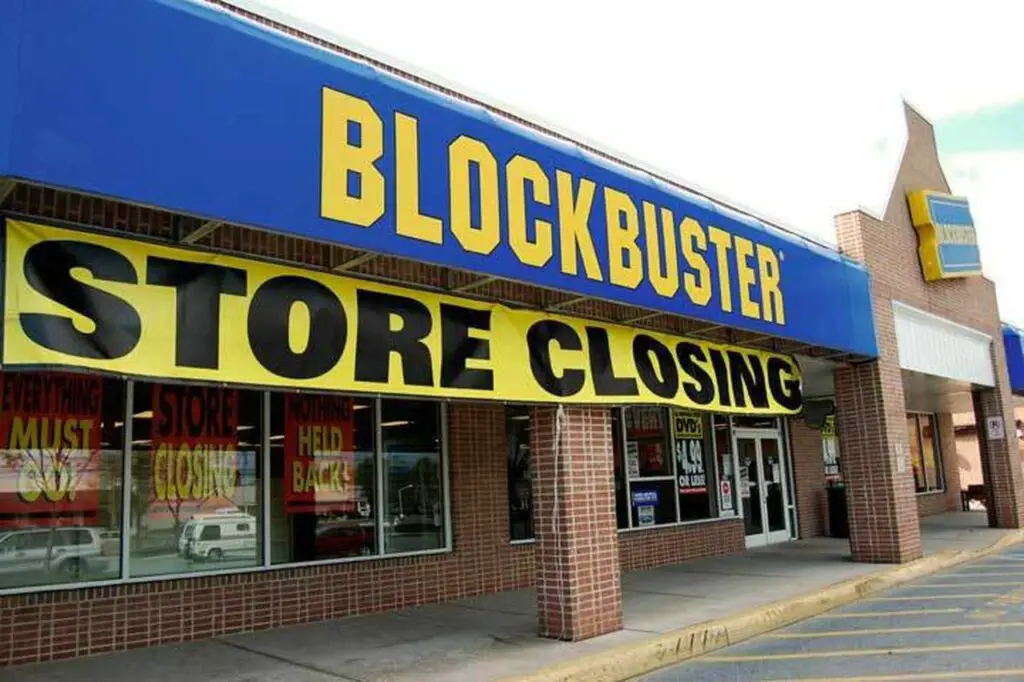
While people of the younger generation might not be completely familiar with it, before the dawn of the streaming giant Netflix, the movie-rental company Blockbuster was the leading company in the market back then.
However, with news of the company shutting down all of its remaining operations a couple of years ago, people have been buzzing about the cause of the fall of Blockbuster – especially one of its most generous investors, Carl Ichan.
Losing over $91 million in his investment in Blockbuster, Icahn has always maintained that investing in the company was his “worst investment”. Blaming too much debt and not adapting quickly to the changes in the industry, especially with the arrival of online streaming, Icahn has been very vocal about the poor management decisions of Blockbuster.
17. Sean Quinn’s Derivatives
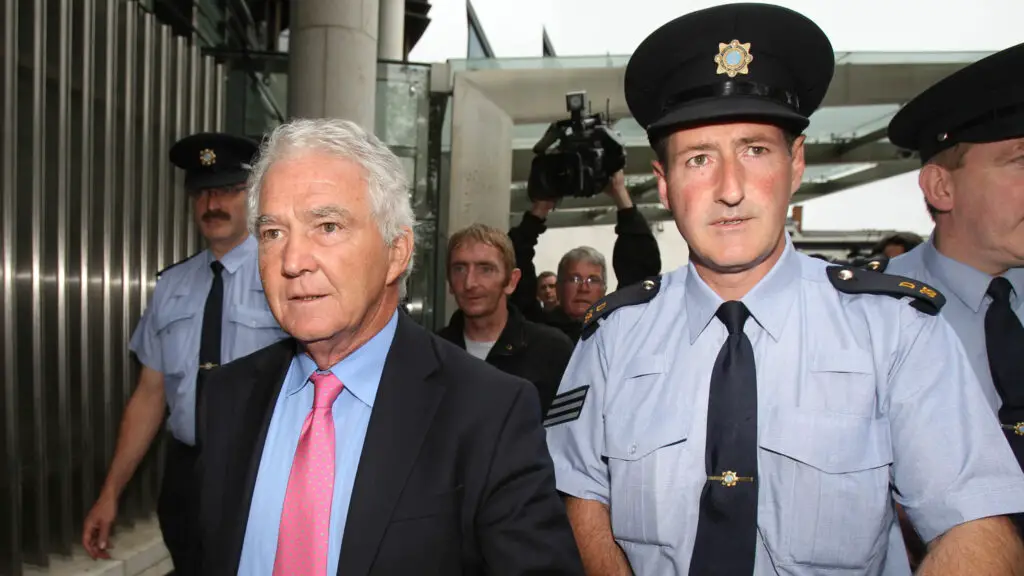
Sean Quinn is one of the world’s most infamous stories of a billionaire losing a huge portion of their fortunes without ever fully recovering from the damage. In one of the biggest blunders when it comes to investments, Quinn — once known as the richest man in Ireland at his peak — mistakenly went all-in with the Anglo-Irish Bank through an investment strategy utilizing derivatives called contracts for difference (CFDs).
A financial crisis in 2008 would be the nail in the coffin for Quinn as the bank would crash, costing the billionaire around €2.4 billion in losses in the process. Quinn eventually filed for bankruptcy and has stayed off the radar ever since.
16. Braselton

While the award-winning actress Kim Basinger has not had many problems when it comes to her acting career, the business world on the other has not been that friendly to her, especially with the downfall of her investments in the town of Braselton located in Georgia.
Purchasing the town way back in 1989 for the handsome price of $20 million, Basinger had plans to make Braselton a tourist attraction and a hotspot for movie production studios as well. However, due to a lack of proper management and decision-making, Basinger had to let go of Braselton for only $1 million soon after.
15. Yusaku Maezawa and Day Trading

Day trading is an interesting investment choice that is sure to yield huge rewards when done right. However, the case is not the same for billionaire Yusaku Maezawa, the former chief executive of the e-commerce company Zozo. The thrill of earning huge money in just a short period of time eventually bit Maezawa back in the end.
A hobby that he would soon regret, Maezawa lost over ¥4.4 billion from investing in risky markets that promised huge rewards. Citing a lack of experience in financial management and investments, Maezawa has gone on the record to admit his lack of awareness.
14. Bill Ackman and Herbalife
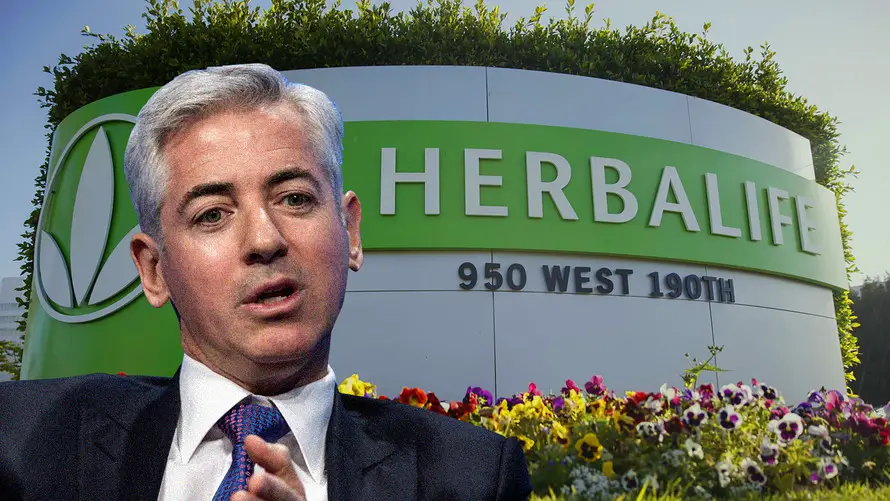
The billionaire Bill Ackman has made a steady living off of his profession as a hedge fund manager. Making big investments left and right, Ackman was bound to face difficulties when it came to accomplishing high returns from his stocks — as any other trader is guaranteed to encounter.
One of his biggest investments was shorting the nutrition company Herbalife. However, after several failed attempts to make it big by shorting Herbalife through several means such as a campaign to destroy the reputation of the company, Ackman lost $1 billion on his bet, which eventually led to one of the biggest short squeezes in history.
13. Barbara Corcoran and Videotaped Listings

Barbara Corcoran is most known for her appearances in the hit show ‘Shark Tank’. Promoted as a business expert, Corcoran is an entrepreneur that commands the respect of many. However, Corcoran has not been immune to the low points of the business world.
Finally earning her big break in the real estate industry after taking on several jobs even when she was just in her early 20s, Corcoran established her own company called The Corcoran Group.
After making her first big-time deal, Corcoran immediately invested $71,000 in videotaped versions of her real estate listings. The move would prove to be a blunder in the end with no one wanting to partner up with Corcoran.
12. Waumbec Textile Company
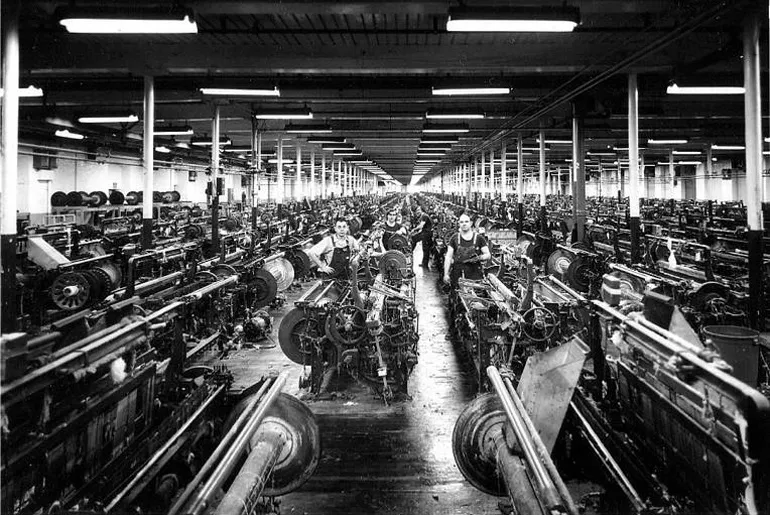
Warren Buffett’s reputation as a legendary investor makes him an easy target whenever he faces mistakes or wrong choices. But, keeping to his honest persona, the Oracle of Omaha does not shy away from another bad investment he made during his career, and that is his venture with the Waumbec Textile Company.
Purchasing the company way back in 1975, Buffett had high hopes for the acquired organization due to its good record and satisfactory projections. However, not long after, Buffett had Waumbec Textile Company shut down proved to do more harm than good. To this day, Buffett recalls this experience as one of his biggest errors.
11. AOL-Time Warner Merger
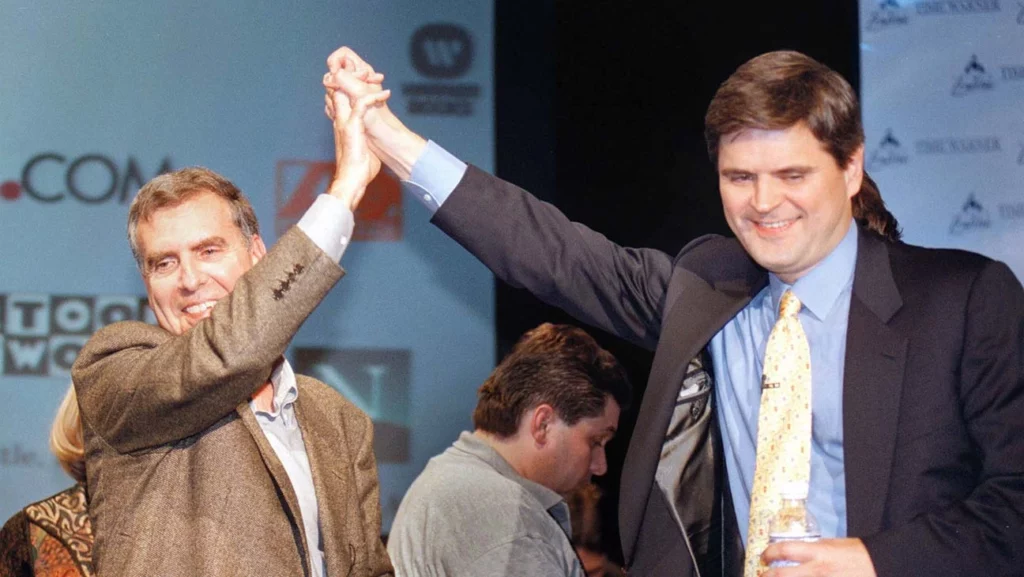
The deal between the two giant companies AOL and Time Warner was one for the books when it was first announced. However, the good times would not last as the merger has gone on the record to be one of the worst investment decisions made in history.
On paper, AOL — known as the world’s biggest internet provider at the time — buying out Time Warner which was known as one of the world’s biggest media companies had a lot of green flags.
However, AOL’s investment which was worth around $182 billion would prove to be a disaster when a series of bad events including a recession, the end of the dot.com bubble, and poor management among several other unfortunate scenarios forced the partnership to end not long after it was first announced.
10. Sears Holdings
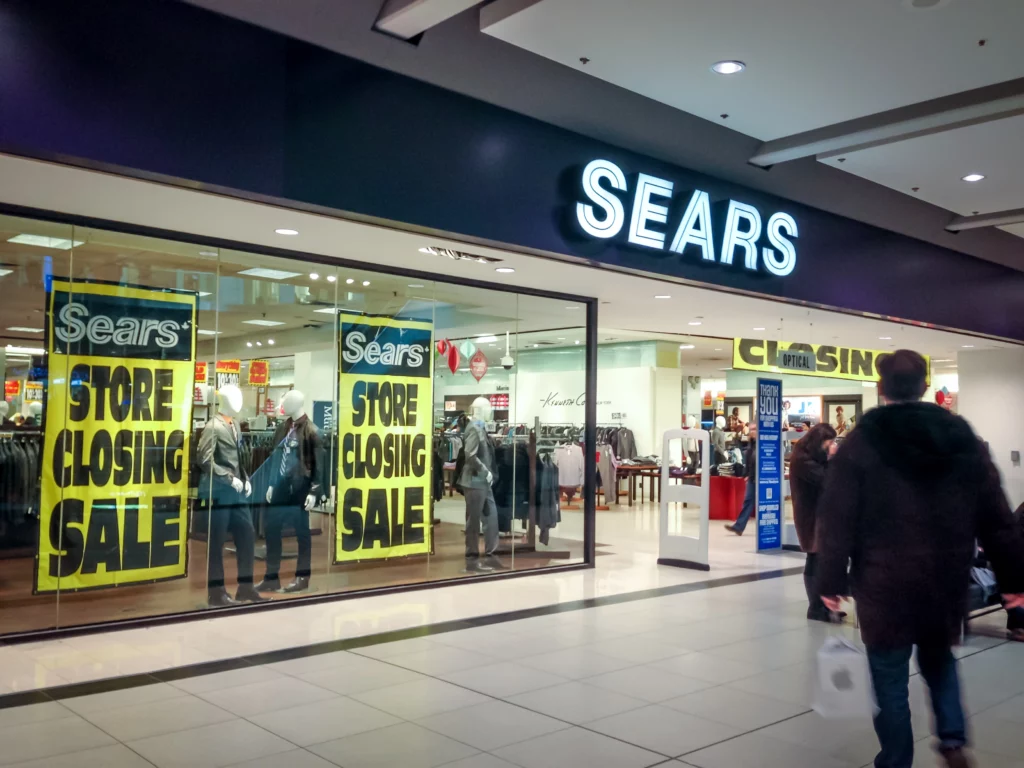
The massive department store company Sears was facing a tough situation when the competition started growing stronger, especially during the late 90s. However, the big-time hedge fund trader Eddie Lampert saw an opportunity for a blockbuster investment which ended up with Lampert acquiring Sears and retail giant Kmart to form Sears Holdings Inc. for the price of $11 billion.
Unfortunately, the lack of proper business skills especially when it came to selling the right products made the downward trend of the already struggling companies even worse. To this day, the company still has not made any relevant progress.
9. Penn Central

Way back in the 1960s, a headliner deal was made between the railroads of New York Central and Pennsylvania. The investment would go on to create a merged company called Penn Central. The partnership would not last, however, as the management of Penn Central would run into several problems such as a lack of support from the government and a persisting disagreement when it came to company culture.
Penn Central, which went on the record as the sixth largest company in the United States at the time, would meet a sad end when it filed for bankruptcy in 1970 when its losses reached a shocking $325 million.
8. Nextel Communications and Sprint
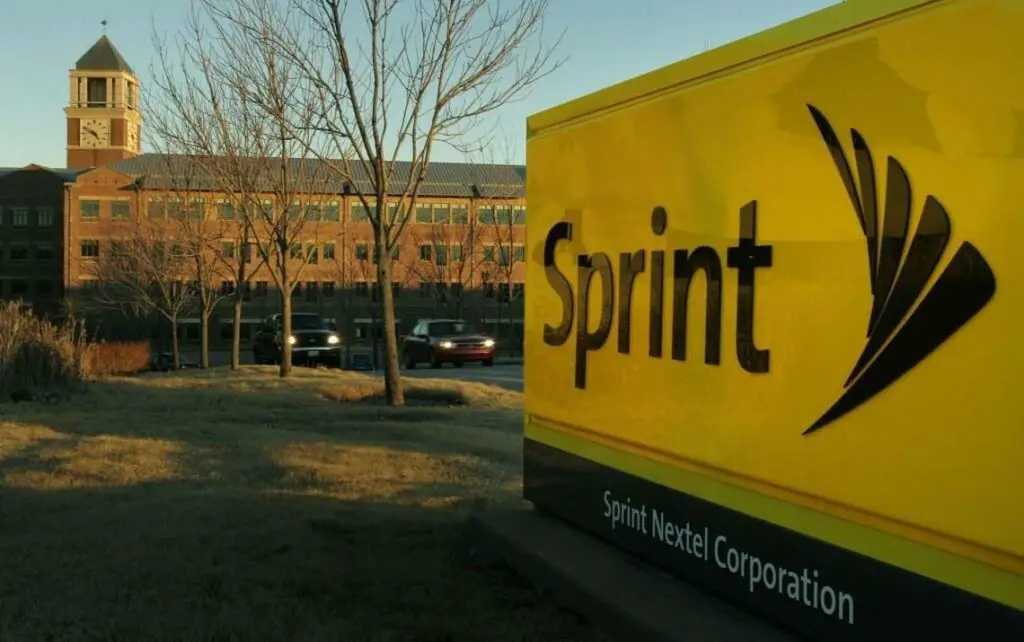
The deal between the communication company giant Nextel Communications and Sprint was also a merger that went on the record as one of the most significant investment deals ever made. At a deal that was finalized at around the $35 billion mark in terms of investments, the partnership was set to make waves in the industry.
However, the clashing cultures between the two companies and the continuing miscommunication regarding the marketing strategies involved proved to be a disaster in the end. When all was settled, the merger continued to decline, with losses reaching even up to $29.5 billion.
7. Microsoft Invests In Nokia
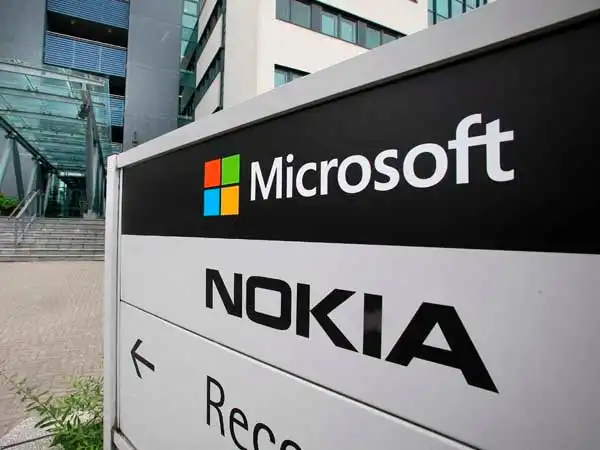
When it comes to the tech giant Microsoft, it seems like the company could do no wrong. However, the revolutionary company has been known to come across a few bumps from time to time. And one of the failures that Microsoft has encountered during its lifespan is a failed investment in the electronics company Nokia.
Acquiring Nokia for a total of $7.2 billion, with sources reporting that the total expenses incurred by Microsoft are around $8 billion including the costs of restructuring and other miscellaneous charges, the deal ultimately became a failure when the market did not respond well to Windows phones.
6. Mattel Invests In The Learning Company
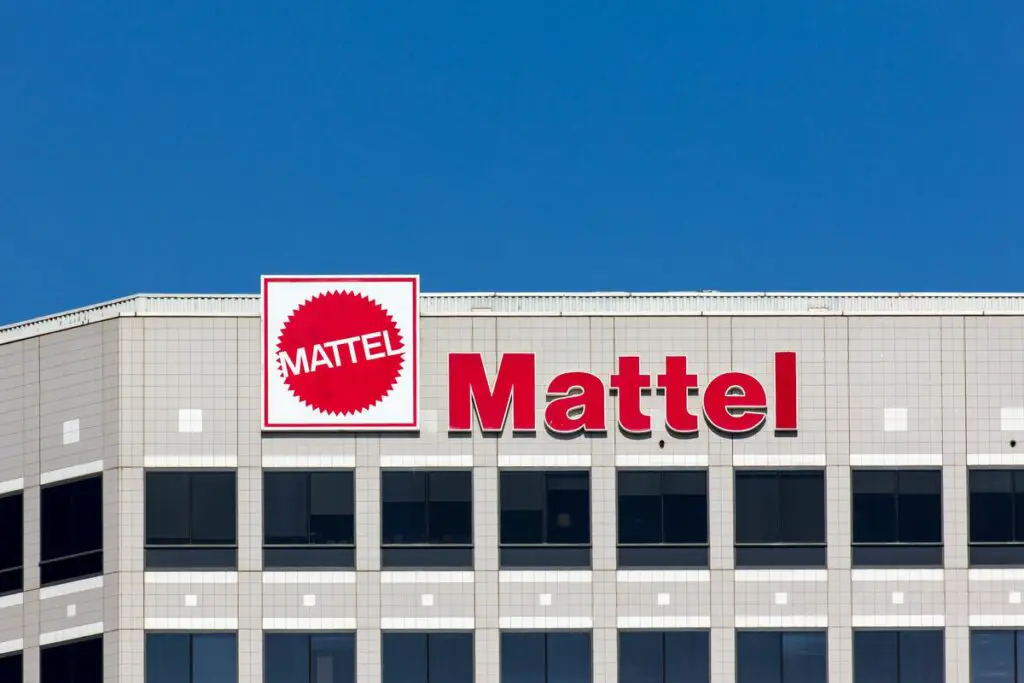
It is without a doubt that Mattel has dominated the toy industry for quite some time now. During the late 90s, Mattel saw an opportunity to expand its business into the video game market when it moved to acquire The Learning Company, an almost-bankrupt organization that specialized in educational software.
The investment cost Mattel $3.8 billion, however, the deal would not turn out well for Mattel after The Learning Company suffered millions of losses shortly after due to underperforming sales and inefficient inventory management.
5. Citigroup
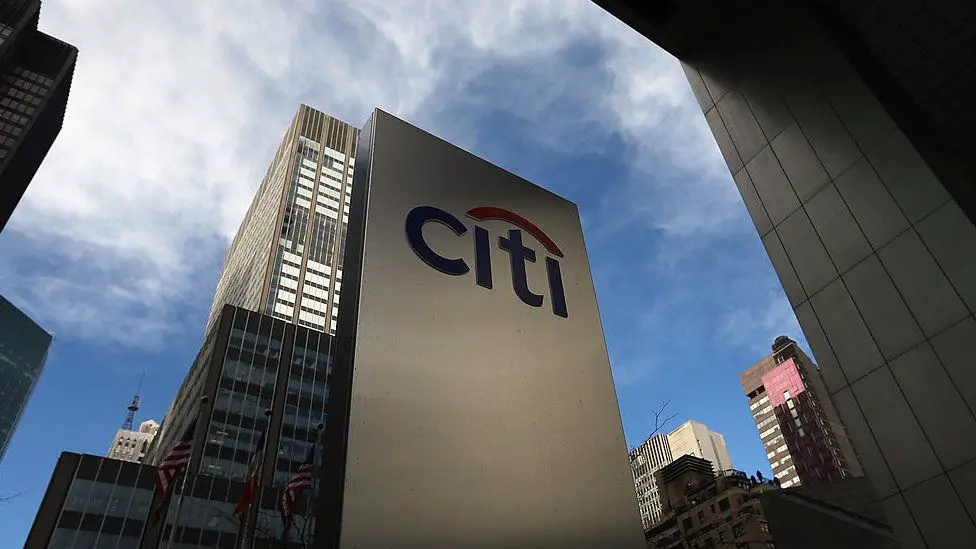
The top companies Citicorp and Traveler’s Group had plans to create a massive financial services empire called Citigroup way back in the late 90s. For a massive $83 billion, Citigroup was projected to have over 100 million customers in over 100 countries.
However, the investment would not fully yield the expected results due to several factors such as culture conflicts, mismanaged technology, and low employee morale.
4. Quaker Oats Buys Snapple
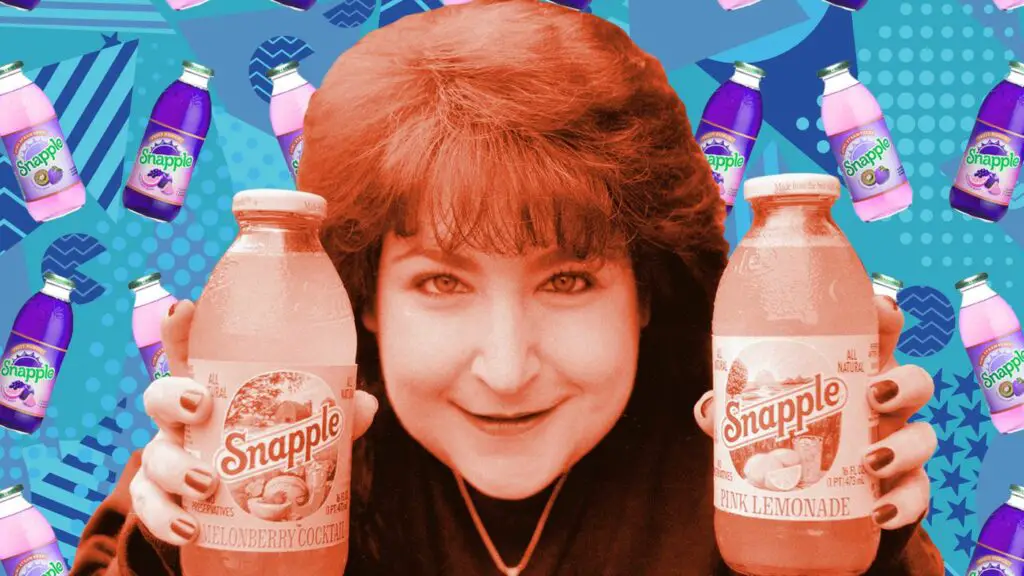
Quaker Oats is a food company that has grown to be a household name. With the leverage it had as a big organization, Quaker had plans to expand into the beverage market. After buying out the energy drink company Gatorade in the 1980s, Quaker moved to acquire the up-and-coming beverage company Snapple for $1.7 billion.
Despite criticisms from analysts, Quaker aggressively promoted Snapple to large
retail chains (despite Snapple’s success with smaller-scale stores). The competition
3. eBay Buys Out Skype

The e-commerce giant eBay pulled the rug on the market when it announced that it was acquiring the internet telecommunications provider Skype for a massive $2.6 billion, at the time, experts were confused with eBay’s decision since Skype was earning roughly around $7 million at the time of the purchase.
The reason behind the big-time deal was that eBay could utilize Skype’s software to make deals on the buy-and-sell site easier. eBay failed to realize that users preferred to be anonymous, and so the idea of the merger did not attract the positive attention that it initially expected. The deal virtually led to nothing.
2. Google Invests In Motorola
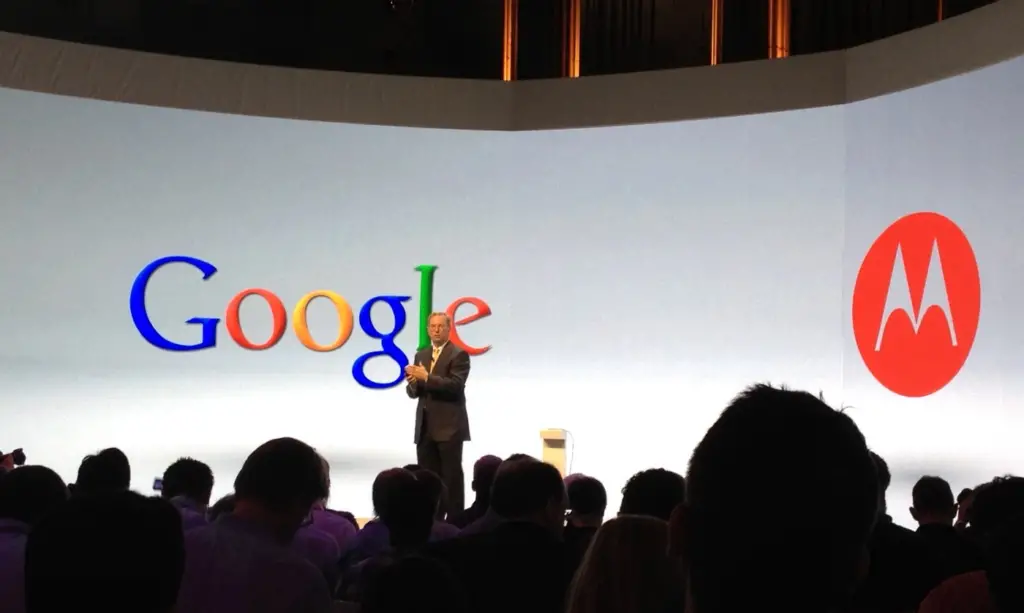
Even a company as legendary as Google makes mistakes sometimes. In 2012, Google was able to acquire the electronics company Motorola for a whopping $12.5 billion price tag.
The move was initially viewed as a wise one, with Google’s Android operating system potentially integrating into Motorola's mobile phone hardware.
However, the quality of the products that came from the partnership was not up to Google’s standards and Motorola was diversified for $2.9 billion.
1. Daimler Chrysler
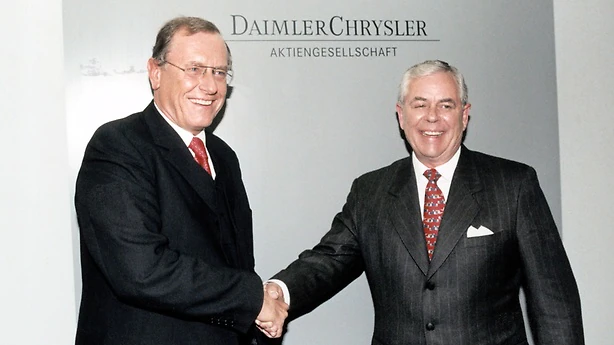
The deal between the top automakers Daimler-Benz, the manufacturer of the Mercedes-Benz, and Chrysler goes on the record as one of the biggest investment deals made. At a staggering price of $37 billion, the merged company was called DaimlerChrysler AG.
Unfortunately, an aggressive approach by Daimler which pressured Chrysler to cut off the deal led to unrealized potential. Chrysler was eventually sold off by Daimler for only $7 billion.

